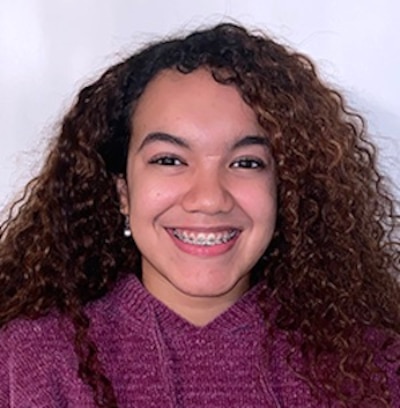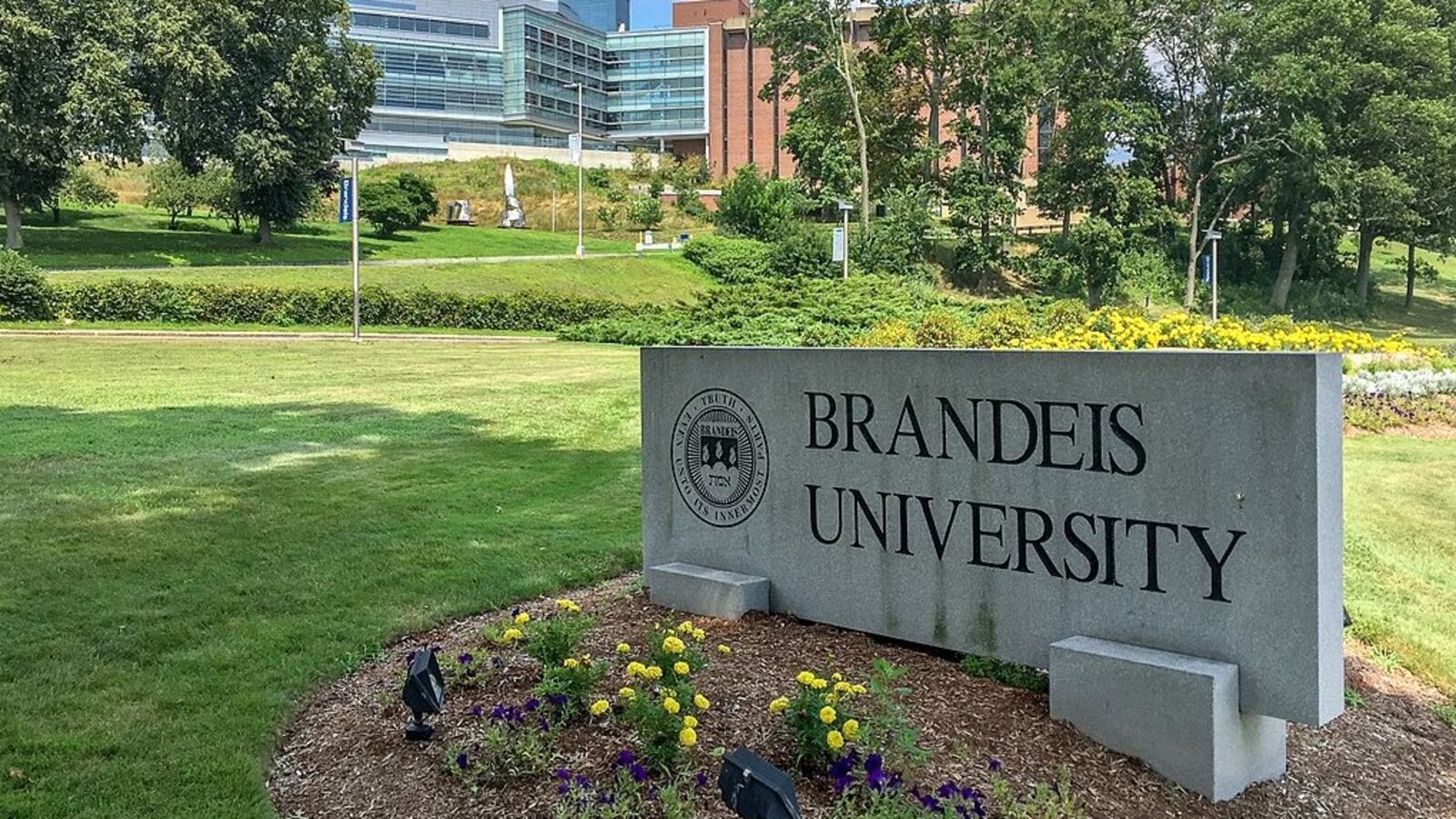My grandparents, my mother, and my four uncles moved to the United States in 1995. They left behind their home in the Dominican Republic with the dream that an American education could take you anywhere. My grandfather could only attend elementary school in the DR, and he wanted more for his children and their children.

My mom was 16 when they arrived here. She knew little English, but her determination carried her to LaGuardia Community College in Queens. Her immigration status, however, made her ineligible for federal assistance, and my grandfather’s humble earnings as a taxi driver couldn’t cover the tuition. After one semester, she had to drop out.
Twelve years later, as a single mother, she returned to college full-time. Since she could not afford child care, she took me with her to evening classes at Lehman College in the Bronx. My mother and I would sit near the front of the classroom, and I’d do my homework. I was 12.
My favorite was her mathematics course that met on Thursdays. When we arrived, the professor greeted me warmly as his “youngest college student.”
My mother finished her bachelor’s degree, and then went on to get a master’s degree in Human Resources Management, also from Lehman, in 2017. As she walked across the stage with proud tears in her eyes, though, she was silently dragging over $100,000 in student debt. Much of that was used to cover our living expenses as well as tuition.
After she graduated, when I was a freshman in high school, my mom introduced me to our household finances. Together, we sat and pondered what subscriptions were necessary and what we could do without. That’s when I learned just how much my mother owed. My mother’s college journey made me wonder early on about my own.
In eighth grade, I began to dream about going to an excellent high school with lots of options and resources; I wanted to make sure I heard about all the programs that my mother could have benefited from.
I made a powerful connection with my guidance counselor, Ms. Delma, and she became my mentor. She pushed me to take the high school application process seriously. During lunch, I sat in her cubicle and pored over a big book of New York City high schools. When I got to The Beacon School, I fell in love with the pictures of colorful hallways and the fine art studios and math classes. I couldn’t believe that I could explore photography, dance, and music while taking core academic classes.
Beacon’s application process was complex, but with the help of Ms. Delma at school and my mother at home, I got in. But I quickly realized that Beacon provided scarce support for first-generation and low-income students; their majority white student population did not demand it.
I began to search within my own small community of other low-income freshmen, and eventually I earned a spot in a college readiness program called Minds Matter. Throughout high school, I spent every Saturday taking SAT prep courses, writing workshops, and bonding with my two mentors. Minds Matter plugged me into an extended community of 80 high school students from across the city and dozens of New York City professionals who volunteered to guide us.
Minds Matter had us read “Just Mercy” a book by Bryan Stevenson about inequities in the criminal justice system. As a group, we sat around a large wooden table and discussed the death penalty and the sad reality of how many people of color are incarcerated. I became fascinated by the mass incarceration crisis in this country and wanted to do something to solve it. I was especially disturbed by our societal need to punish.
WIth the help of my Minds Matter mentor, last year I was accepted to 13 colleges. I chose Brandeis University, partly because it has one of the best neuroscience programs in the country. Sparked by the discussions of “Just Mercy,” I want to make prisons a rehabilitative space. Neuroscience can help me scientifically explore why leaders and decision-makers believe prison must punish and hurt. I hope to combine political science with neuroscience to better understand the failings of our criminal justice system and help transform it.
Brandeis also provided the most financial aid. I still need to cover several thousand dollars every semester, but luckily Brandeis has flexible payment plans and many work-study opportunities. I won’t have to go too far into debt.
I’ve worked hard and gained a lot of success so far. I want to believe that hard work always leads to success, but my mother worked really hard, too, and she’s barely getting by with a lot of debt.
Lately my mom and I have been talking a lot about what classes I should take. As she looked at my list of potential courses recently, she smiled and got teary-eyed. “You’re not under the same pressure I was. Your life is different because you have so many things. You have me,” she said.
COVID-19 brings bigger worries. Partly to be safe and partly to save money, I’ll spend my first semester of college as a remote student, staying with my mom in our Bronx apartment, situated in a public housing complex, instead of a dorm in a Boston suburb. Even though I worry about fitting in, I’m sad to miss the social aspect of dorm life and the opportunity to be more independent.
Staying home also means less access to a community of advocates. College is the last safe place to soak up knowledge and explore before I’m thrust into the real world. From behind my laptop, how will I form connections with professors or plug into the career center?
Admission to Brandeis gives me access to a social ladder — the American Dream of mobility through education that brought my grandfather here 25 years ago. Still, I worry that starting college from home might hinder me from climbing further than my mother was able to, despite her very best efforts.
Shelley Polanco is an incoming freshman at Brandeis.
This essay originally appeared in YCteen, a publication by Youth Communication, and was adapted for Chalkbeat.



